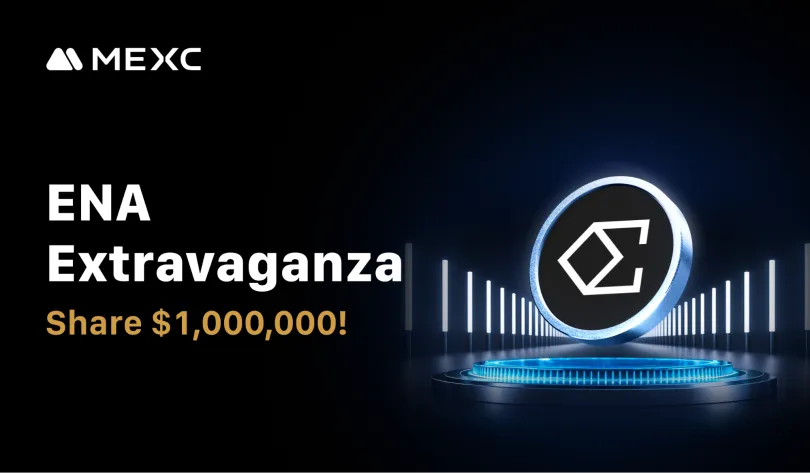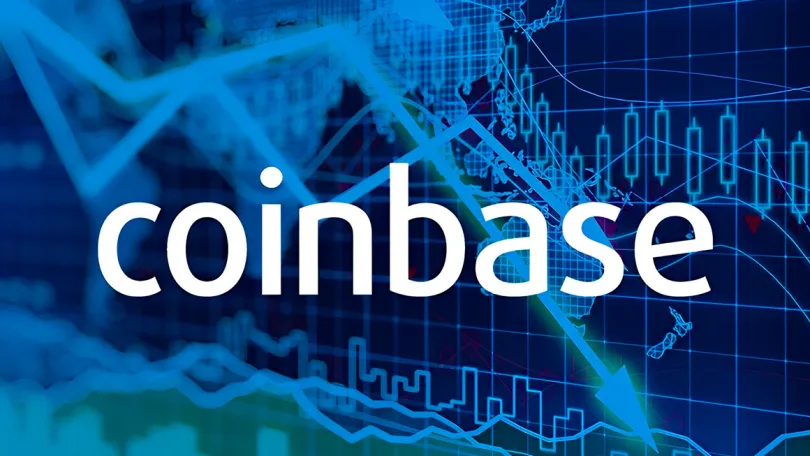Crypto trading fees are an essential aspect of the cryptocurrency and blockchain world, significantly impacting how investors and traders interact with various digital assets. When buying, selling, or exchanging cryptocurrencies, users often encounter these fees, which can vary widely from one platform to another. Understanding these fees is crucial for anyone looking to maximize their profits and manage their investment strategies effectively.
Trading fees typically come in several forms. The most common types include maker and taker fees, which depend on whether you are adding liquidity to the market or taking liquidity away. Maker fees are charged when a trader places a buy or sell order that does not immediately match with another order, thus contributing liquidity to the market. On the other hand, taker fees apply when an order is filled instantly, removing liquidity from the market. Some platforms also impose withdrawal fees and deposit fees, further affecting the cost of transactions.
Different exchanges offer various fee structures, so it's beneficial for traders to compare them before choosing where to trade. For instance, platforms like Binance and Coinbase present unique fee schedules based on trading volume and user tier levels. High-frequency traders often seek exchanges with lower fees to maximize their profits, as trading costs can accumulate quickly.
Many traders are unaware that certain cryptocurrencies may also have their specific fees associated with transactions. For instance, Bitcoin (BTC) and Ethereum (ETH) networks impose their transaction fees, which are separate from exchange fees. Understanding these costs helps traders effectively budget their investments, leading to more informed decision-making.
Moreover, new developments in the blockchain world constantly affect trading fees. As networks become congested or experience higher demand, transaction fees can rise dramatically. Keeping up with latest news in the crypto market is beneficial for traders. Our site provides timely updates, helping you stay informed about the evolving landscape of crypto trading fees and other vital market developments.
By learning about how crypto trading fees work and staying updated with industry news, traders can optimize their investment strategies, ensuring they make the most of their trading activities. Understanding the different fee structures and keeping abreast of market conditions will ultimately lead to smarter trading practices and better outcomes in the world of cryptocurrencies.
Crypto Trading Fees news
Trending news
- Artificial Intelligence (AI)
- Altcoins
- Bitcoin
- DeFi
- Ethereum
- Economy
- Market and Events
- Metaverse
- Mining
- NFT
- Regulation
- Web3
- show less

















